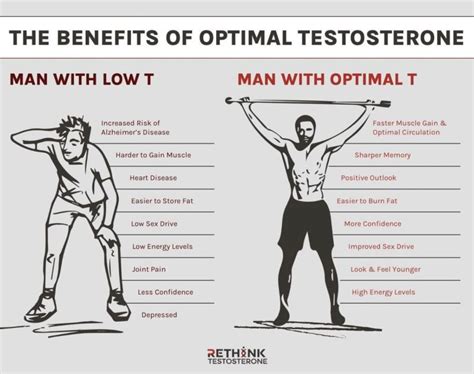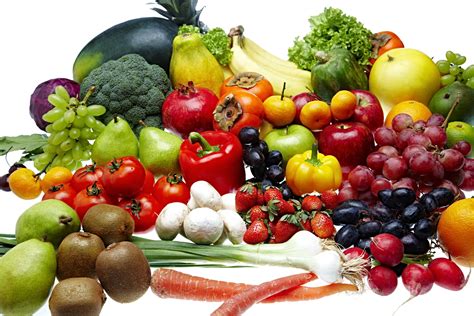Diet & lifestyle tweaks to naturally boost male T-levels?

Testosterone, often called the primary male sex hormone, plays a crucial role in men’s health, influencing everything from muscle mass and bone density to mood and libido. While T-levels naturally decline with age, certain dietary and lifestyle adjustments can significantly help optimize and naturally boost them. Forget quick fixes; a holistic approach is key to supporting your body’s natural hormone production.
The Foundational Role of Diet
What you eat directly impacts your hormonal balance. To support healthy testosterone production, focus on nutrient-dense foods.
Prioritize Healthy Fats
Cholesterol, a precursor to testosterone, is derived from fats. Incorporate monounsaturated and polyunsaturated fats found in avocados, olive oil, nuts, and fatty fish like salmon. Saturated fats from lean red meat can also be beneficial in moderation.
Adequate Protein Intake
Protein is essential for muscle maintenance and overall health, indirectly supporting hormone production. Aim for lean protein sources such as chicken, turkey, eggs, and legumes.
Crucial Micronutrients
- Zinc: Vital for testosterone synthesis. Good sources include oysters, beef, pumpkin seeds, and spinach.
- Vitamin D: More than just a vitamin, it acts as a steroid hormone. Sun exposure is the best source, but fatty fish and fortified foods can help. Supplementation might be considered after a doctor’s consultation.
- Magnesium: Can increase free and total testosterone levels. Find it in dark leafy greens, nuts, seeds, and whole grains.

Lifestyle Habits for Optimal T-Levels
Beyond the plate, your daily routines and habits profoundly affect your body’s ability to produce and regulate testosterone.
Embrace Strength Training and HIIT
Regular physical activity, especially resistance training and high-intensity interval training (HIIT), has been shown to boost testosterone. Aim for 3-5 sessions per week, focusing on compound movements that engage multiple muscle groups.

Prioritize Quality Sleep
Lack of sleep is a major disruptor of hormone production. Aim for 7-9 hours of quality sleep per night. During deep sleep, the body naturally produces and regulates hormones, including testosterone.
Manage Stress Effectively
Chronic stress leads to elevated cortisol levels. Cortisol, often called the “stress hormone,” has an inverse relationship with testosterone, meaning higher cortisol can depress T-levels. Incorporate stress-reducing activities like meditation, yoga, spending time in nature, or hobbies.

Maintain a Healthy Weight
Obesity, particularly abdominal fat, can convert testosterone into estrogen, further lowering T-levels. Maintaining a healthy body weight through diet and exercise is crucial for hormonal balance.
Foods to Consider Including
Certain foods offer specific compounds beneficial for testosterone or estrogen balance.
- Cruciferous Vegetables: Broccoli, cauliflower, and cabbage contain compounds like indole-3-carbinol, which help metabolize estrogen, thereby potentially improving the testosterone-to-estrogen ratio.
- Onions and Garlic: Some studies suggest these alliums may support testosterone production and lower cortisol.
- Berries and Pomegranates: Rich in antioxidants, they can reduce oxidative stress, which might indirectly support hormone health.

What to Limit or Avoid
Just as some foods boost T-levels, others can hinder them.
- Excessive Sugar and Refined Carbohydrates: These can lead to insulin resistance and inflammation, both detrimental to hormone health.
- Trans Fats: Found in many processed foods, they negatively impact cardiovascular health and can disrupt hormone function.
- Excessive Alcohol: While moderate consumption might be fine, heavy drinking can significantly lower testosterone levels.
Naturally boosting testosterone is a marathon, not a sprint. It requires consistent effort across diet and lifestyle. By making informed choices about what you eat, how you move, and how you manage stress, you can create an environment conducive to optimal hormone production. Always consult with a healthcare professional before making significant dietary changes or starting new supplement regimens, especially if you have underlying health conditions.










